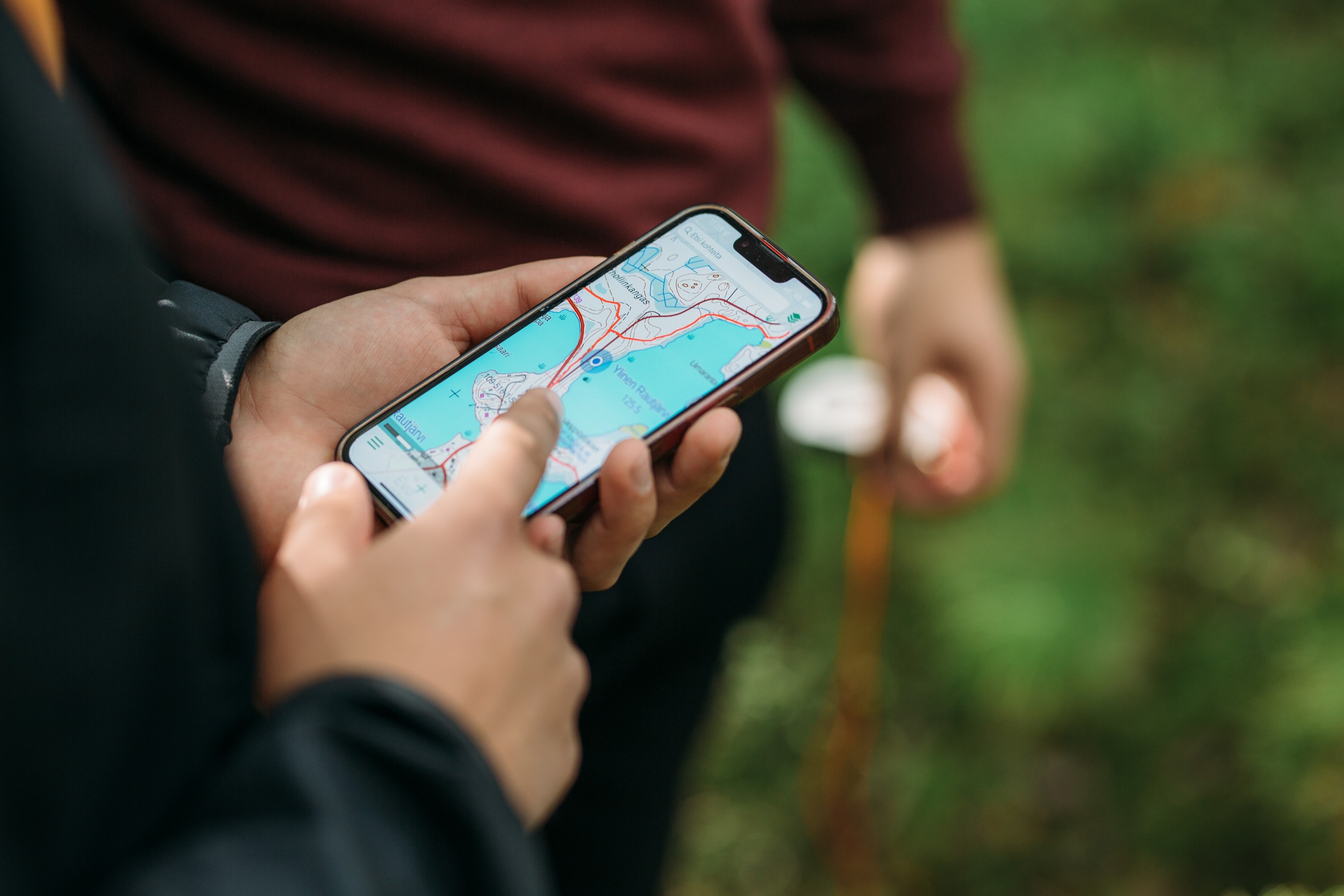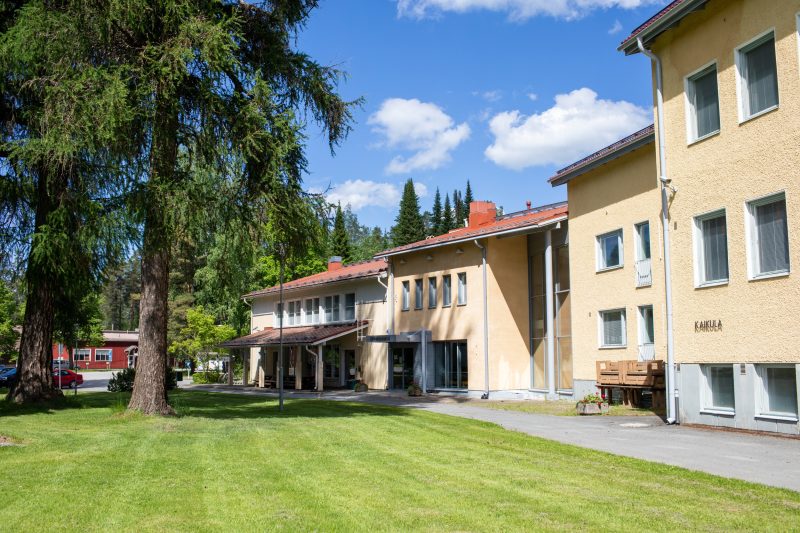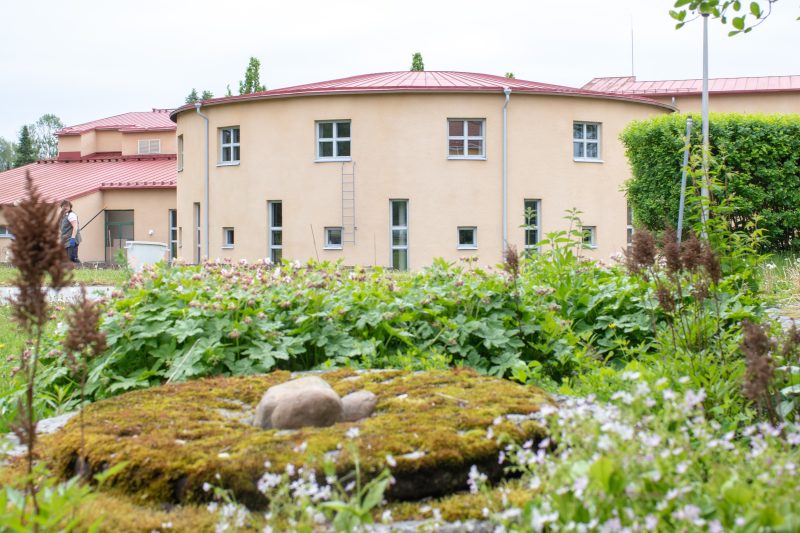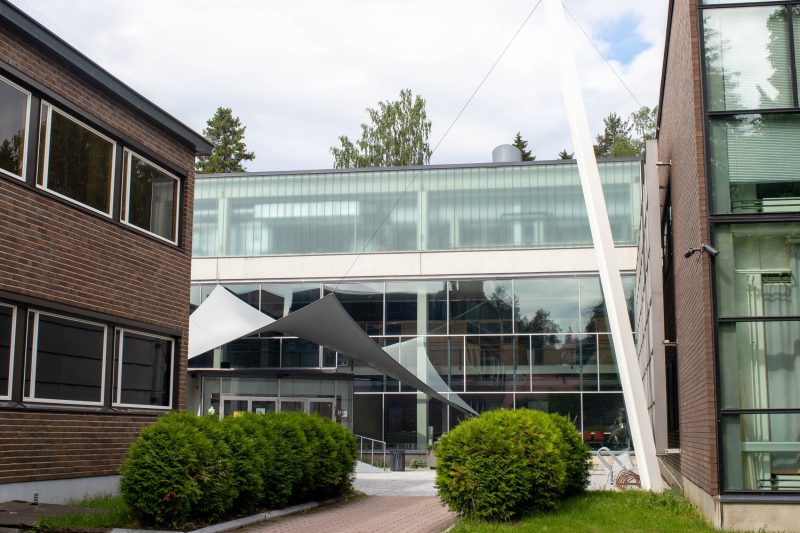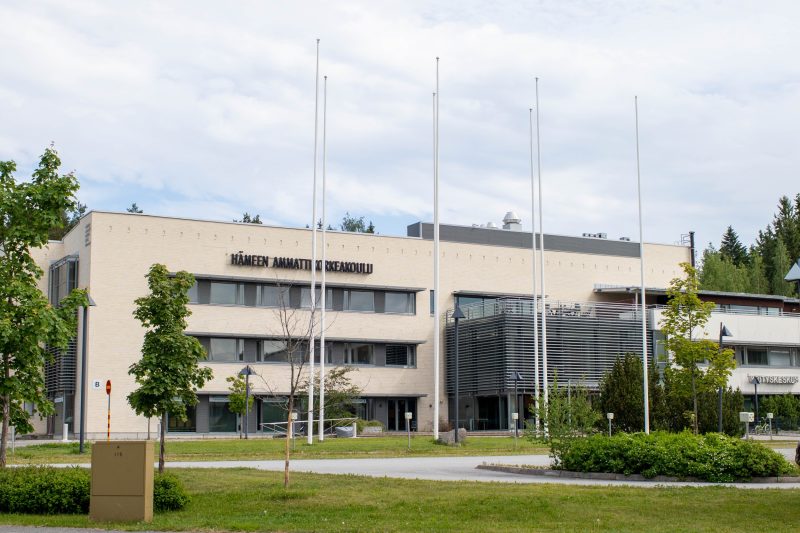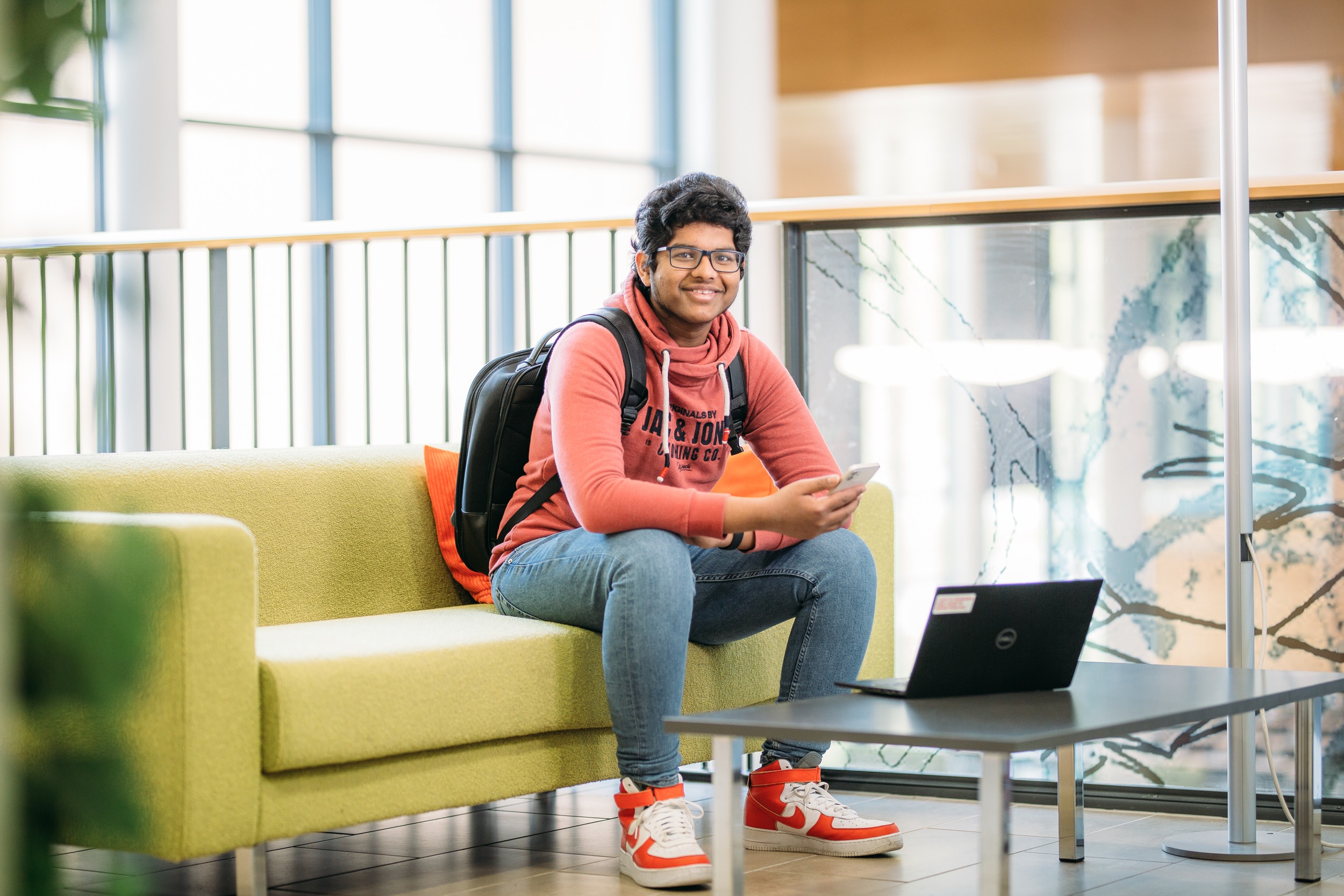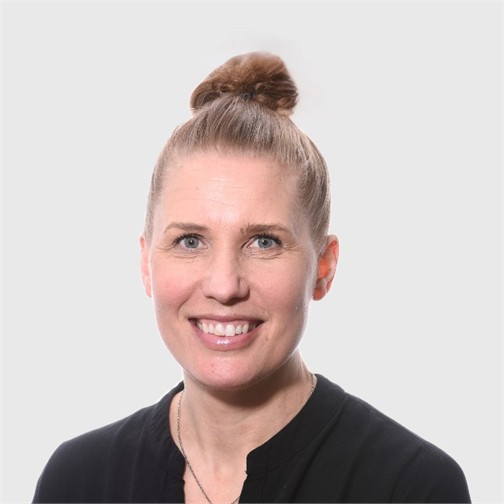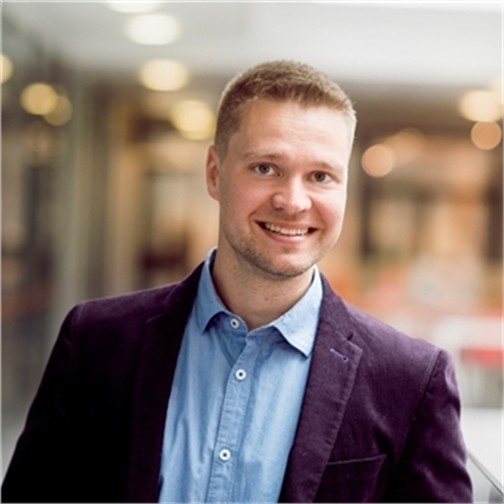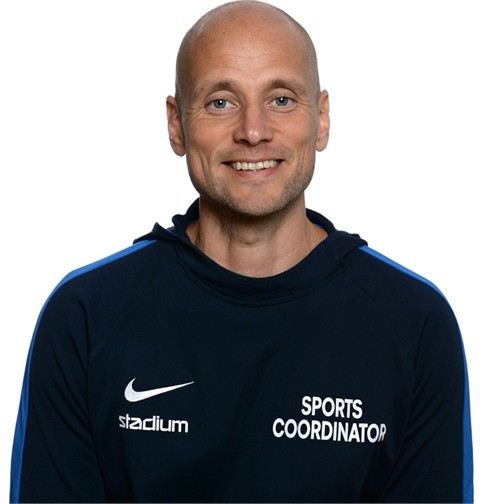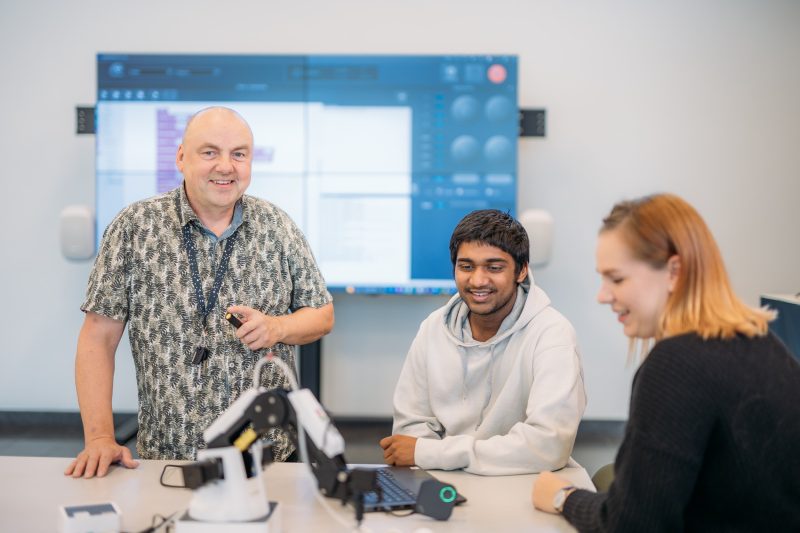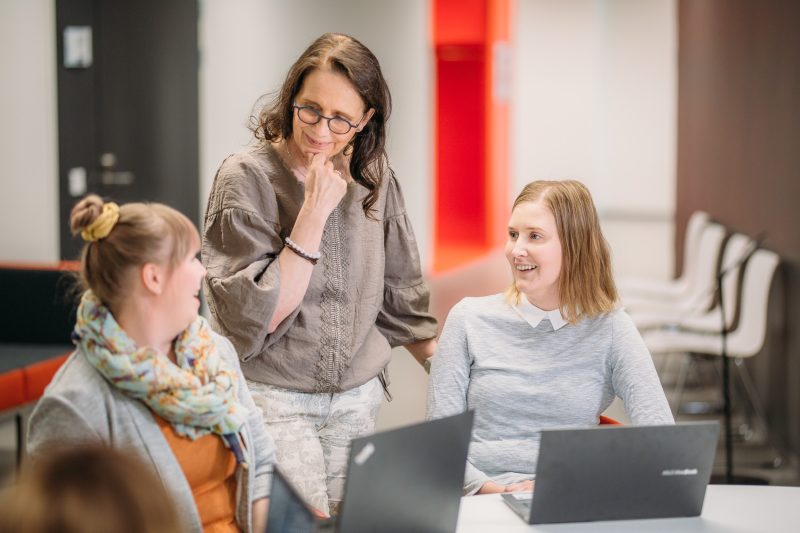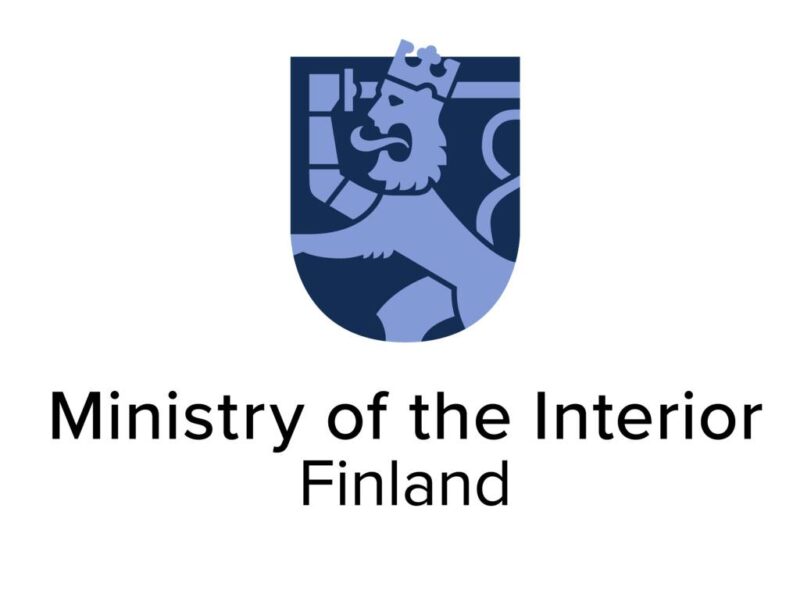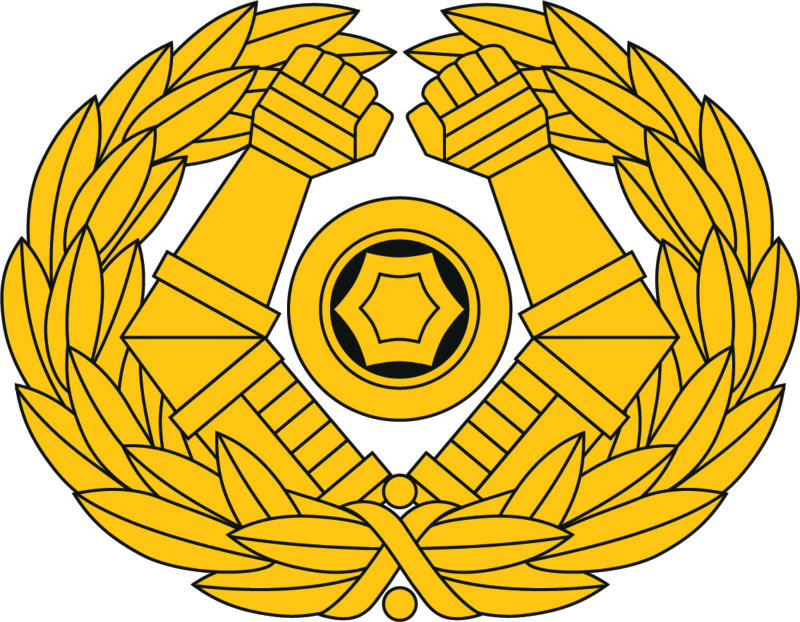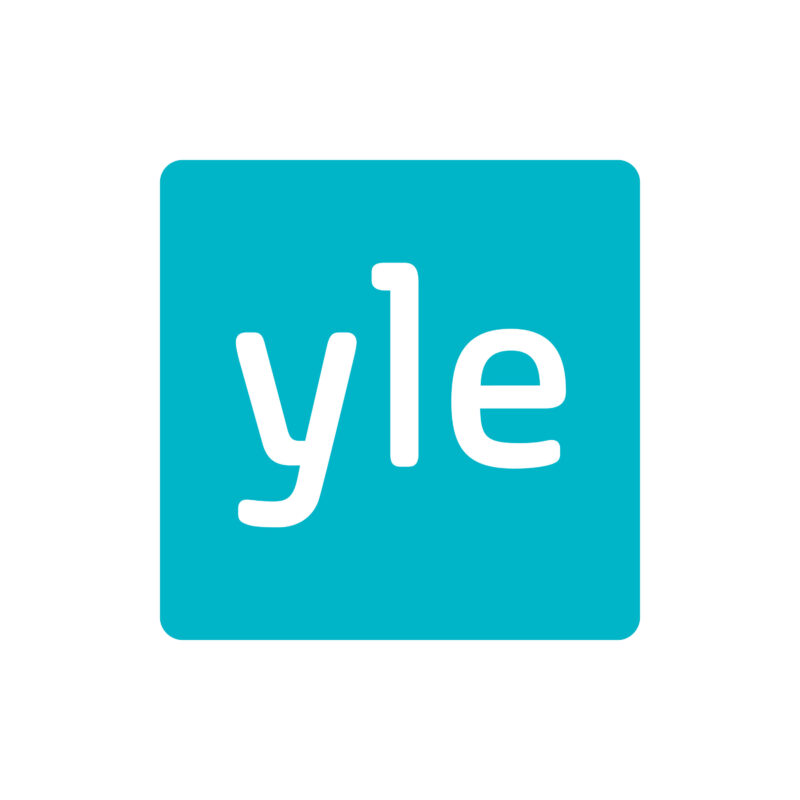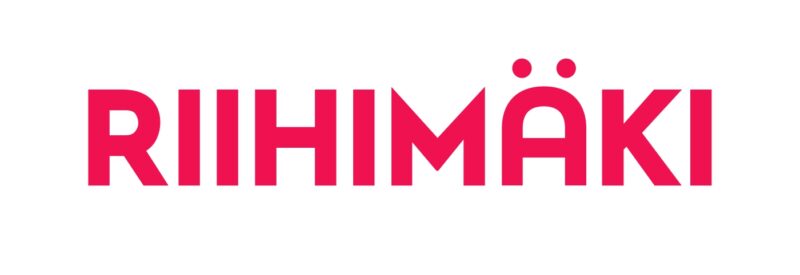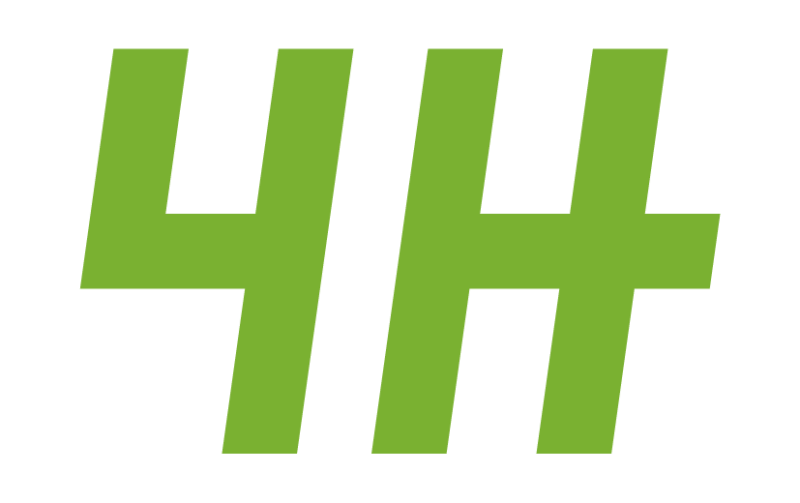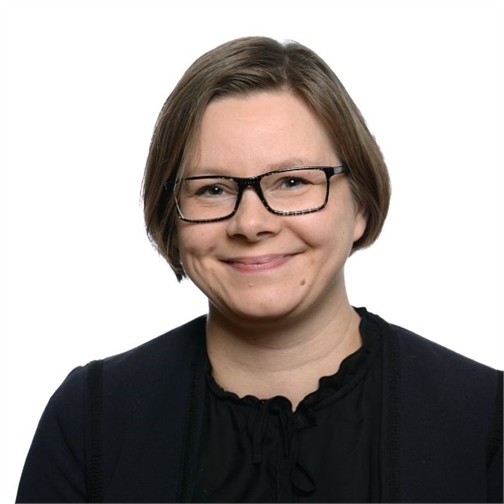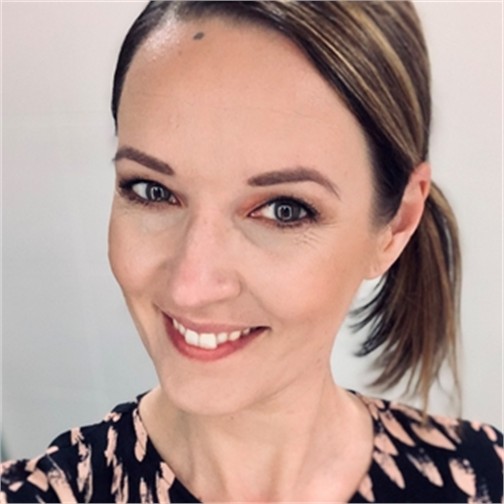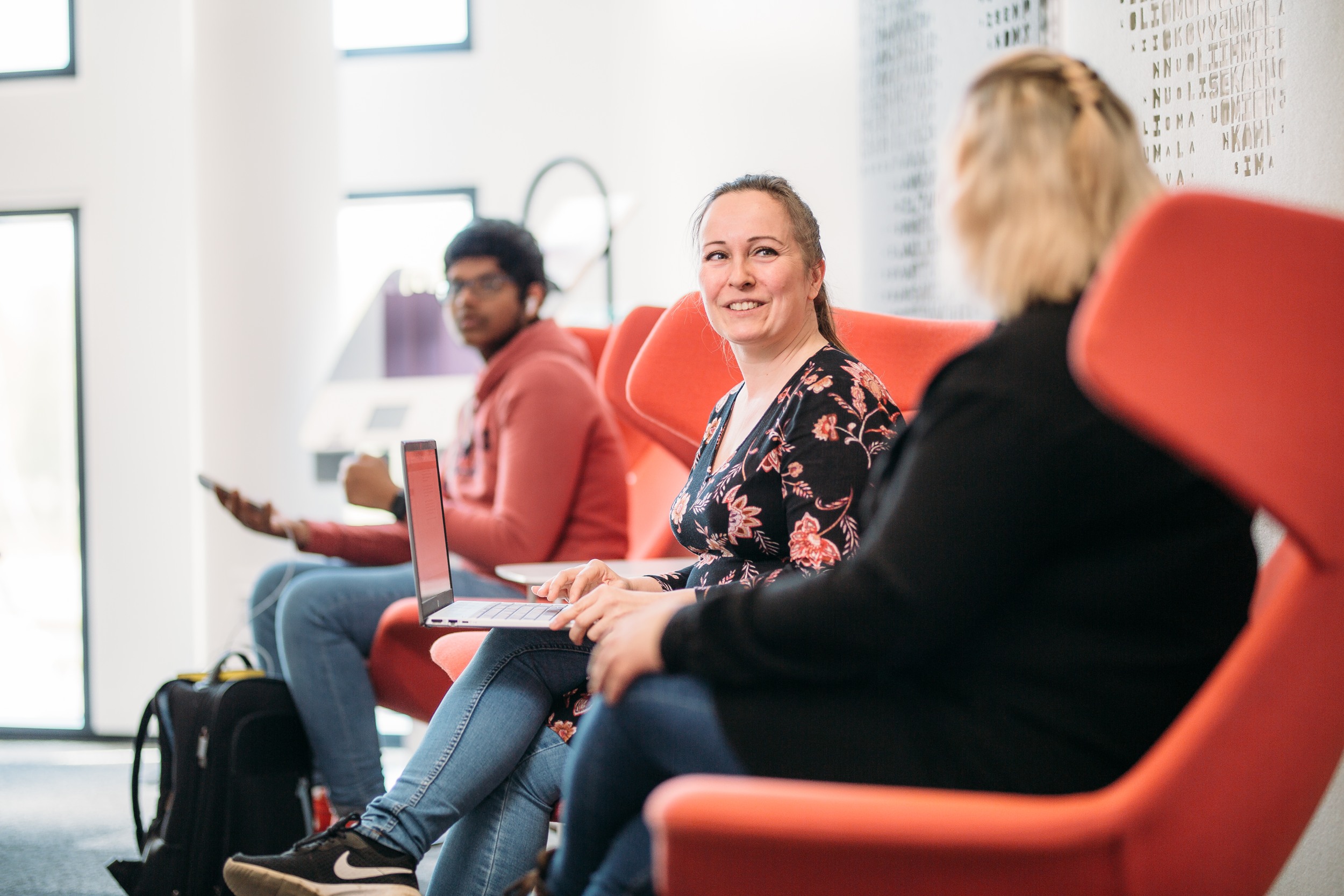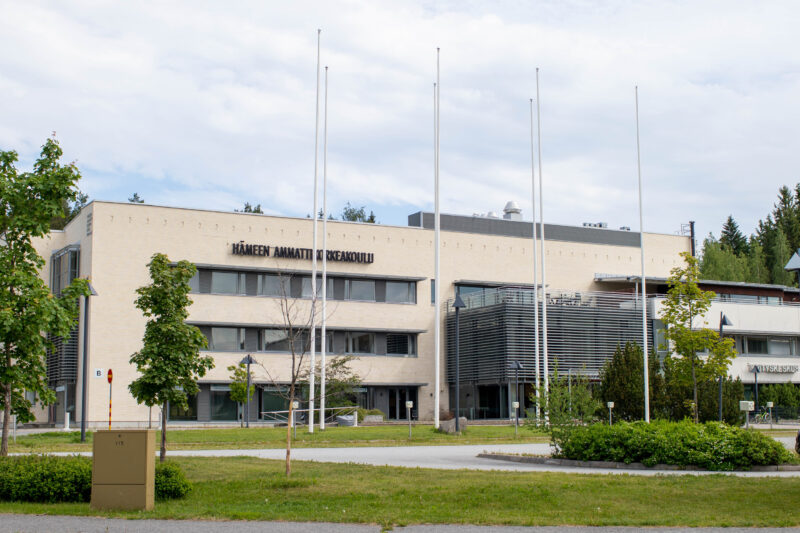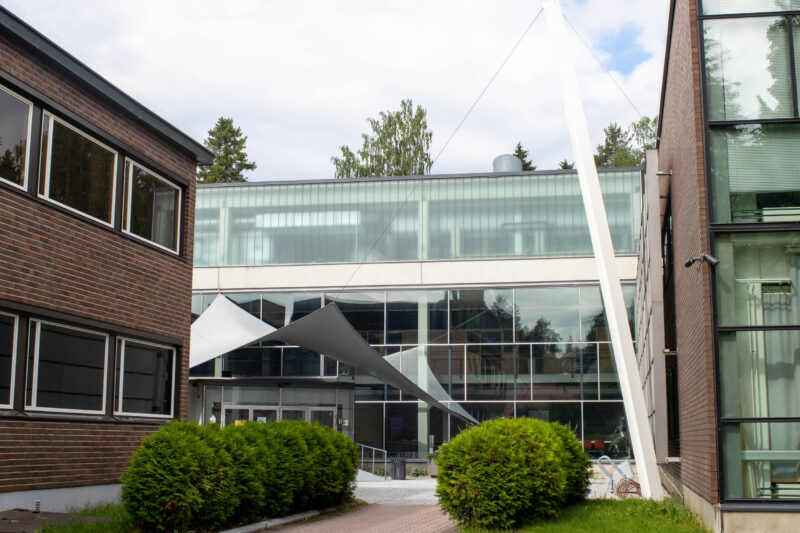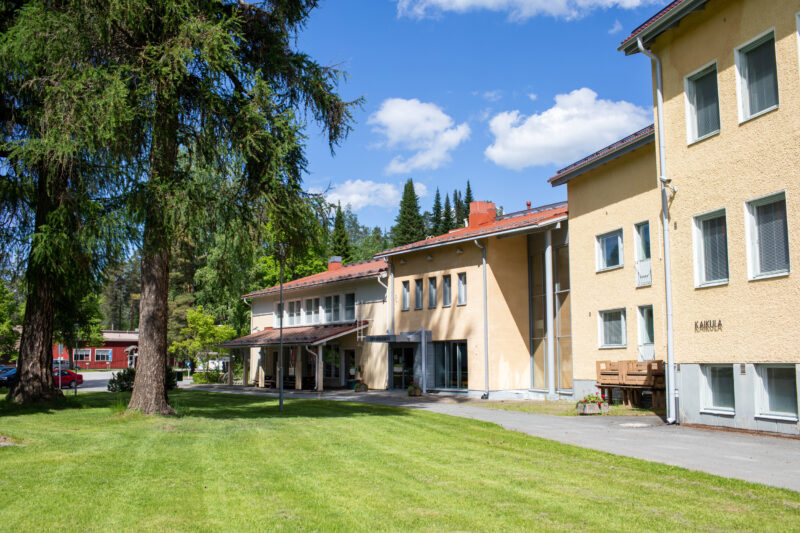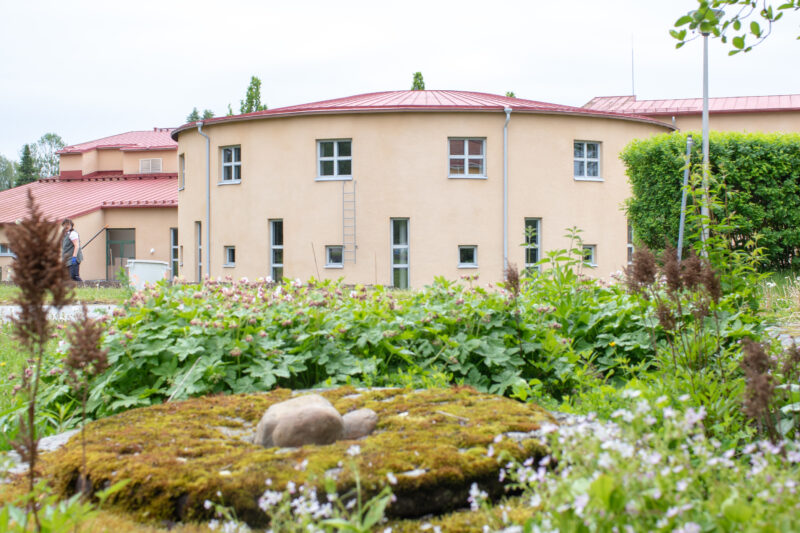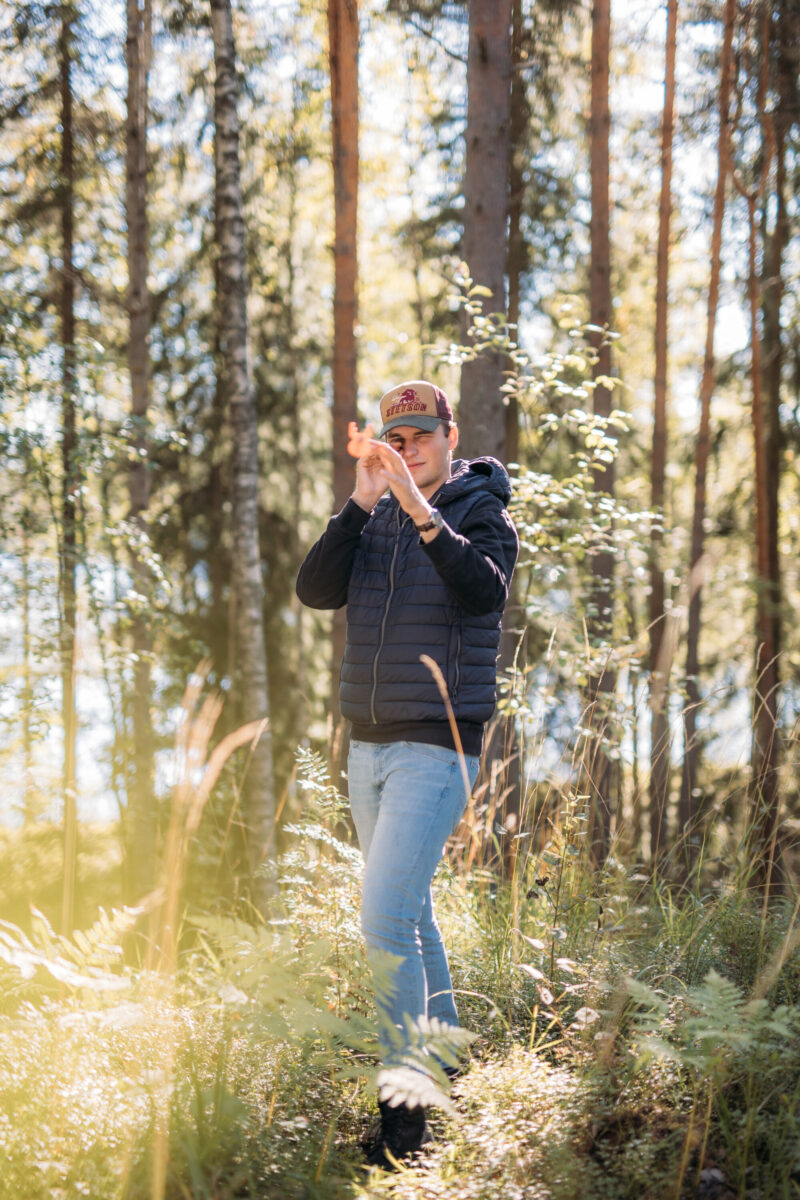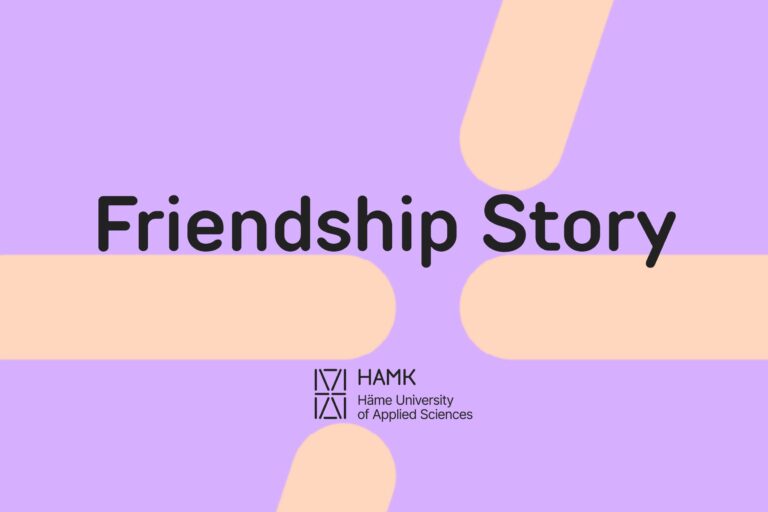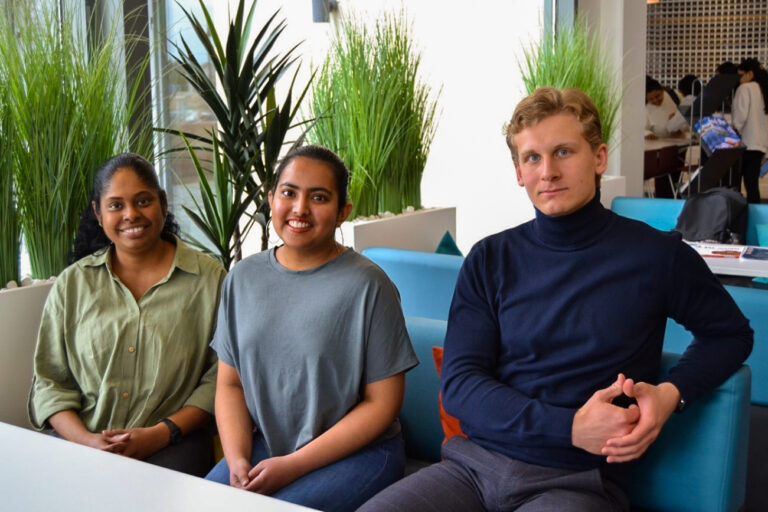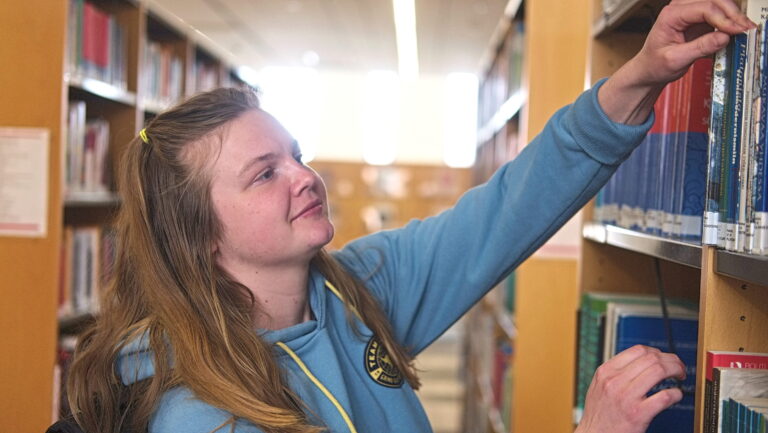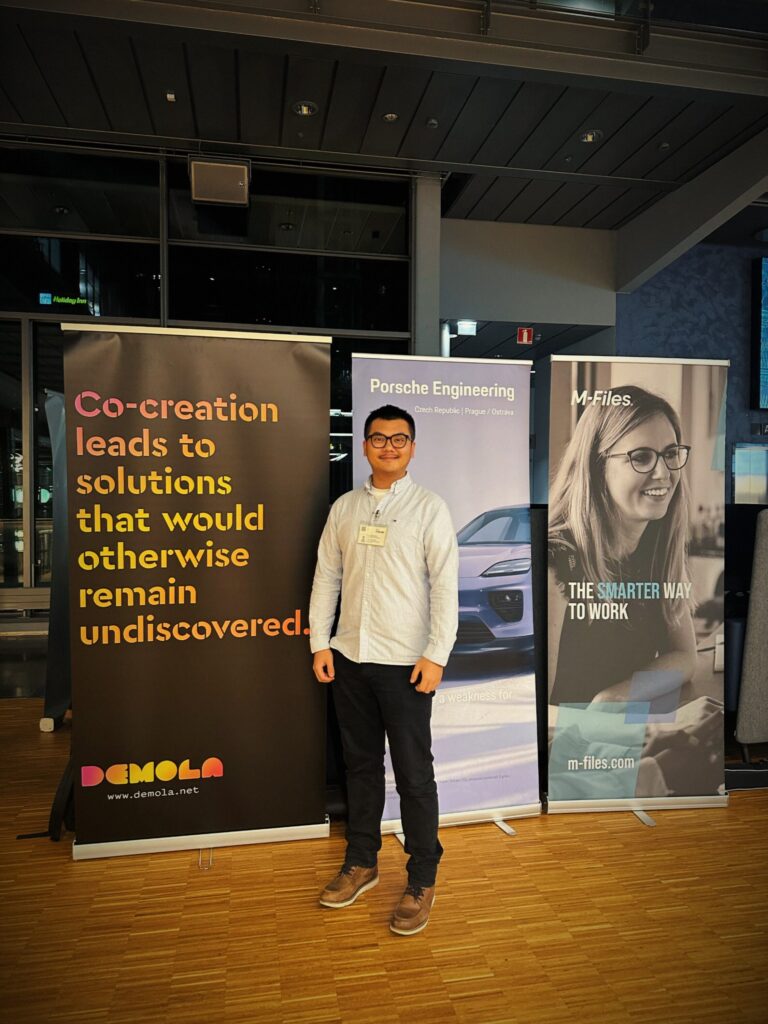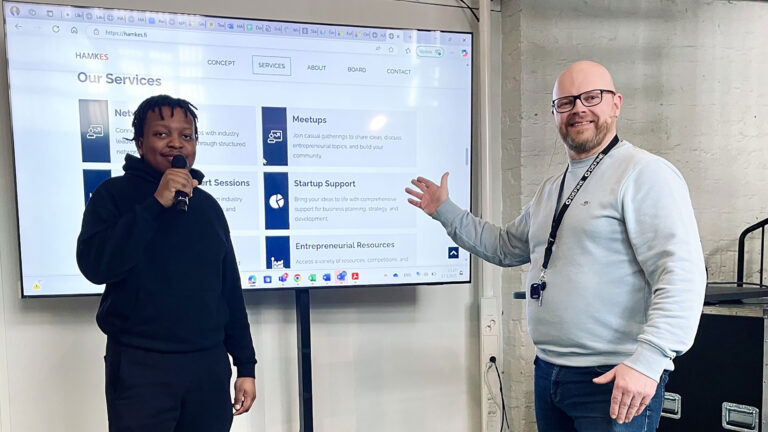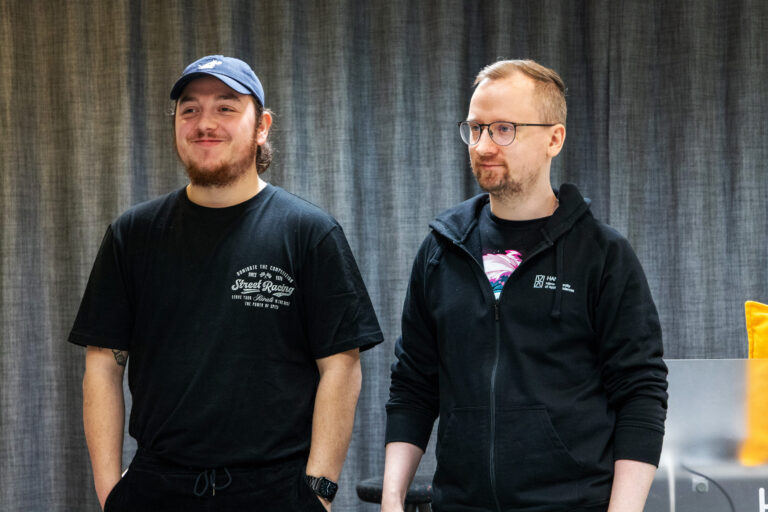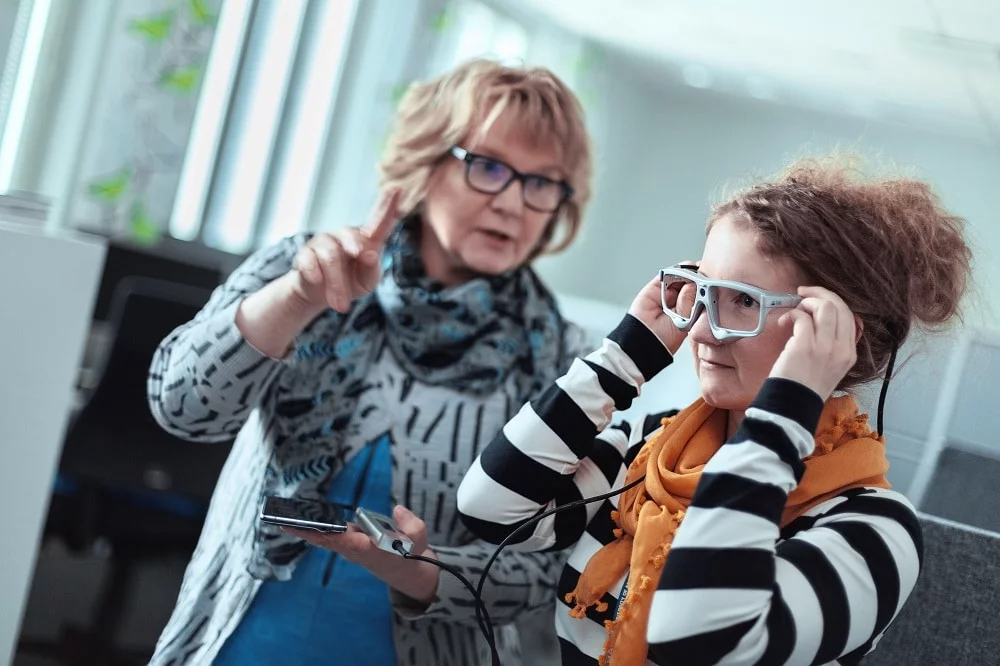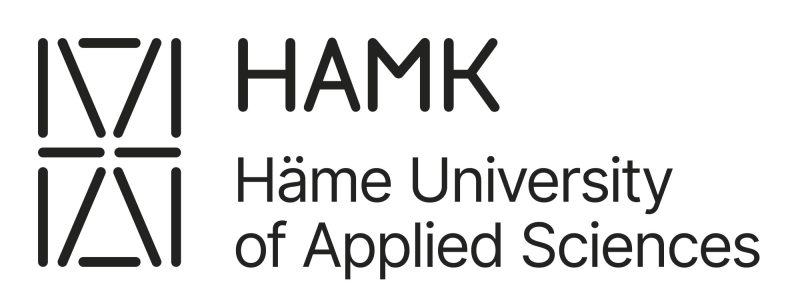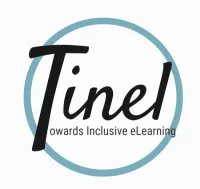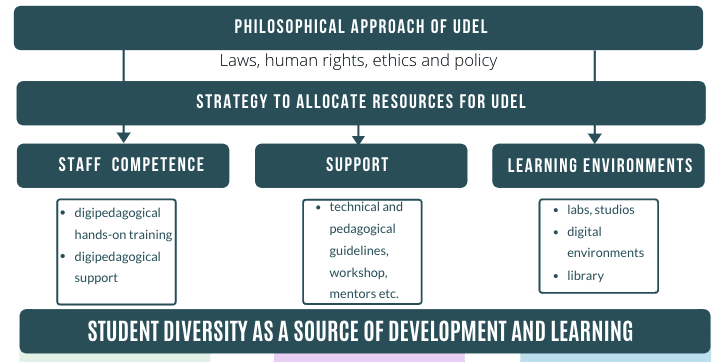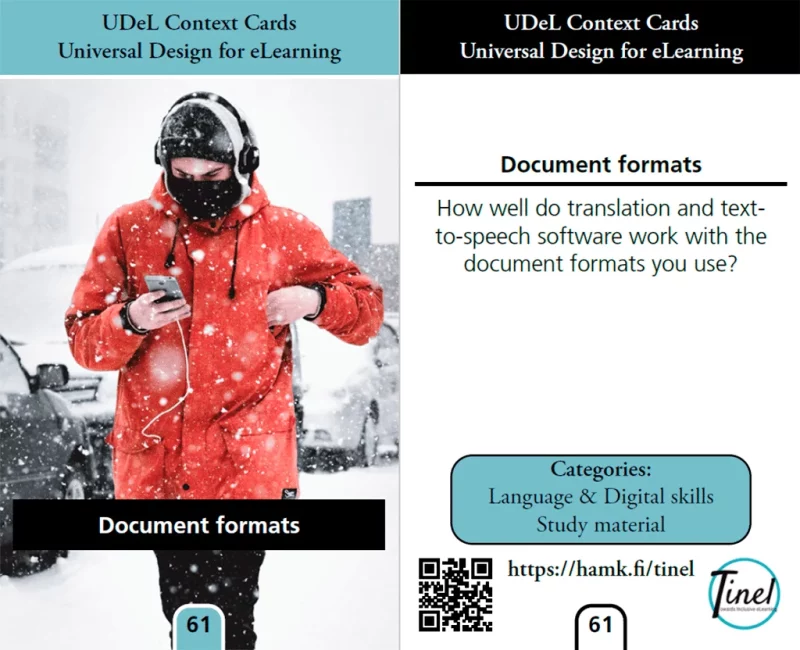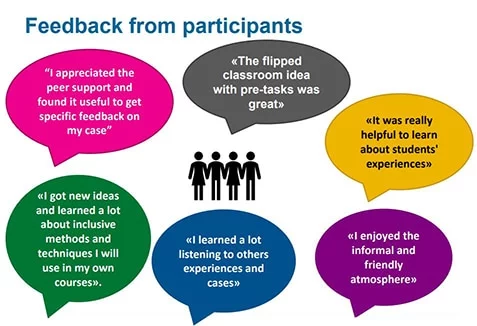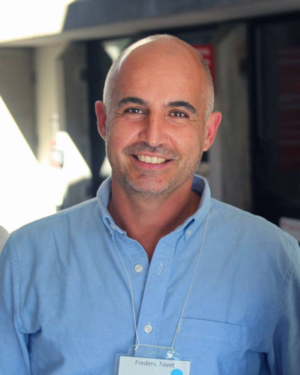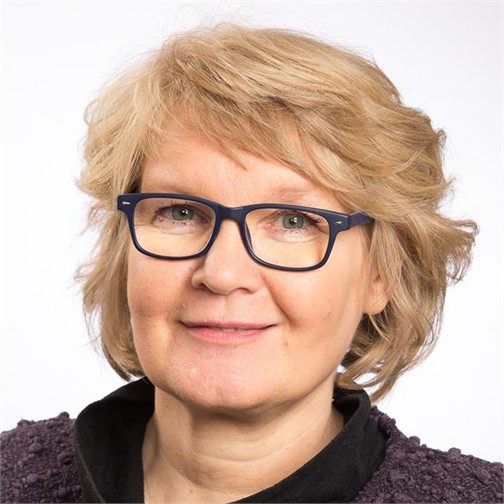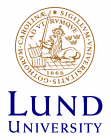For further information on available study modules, please contact Guidance Counselor Johanna Ojanen.
In Smart and Sustainable Design students study in different majors:
- 1st year students have two choices: Fashion (Apparel and Footwear) OR Glass and Ceramics.
- 2nd and 3rd year students study in one of the four majors: Fashion (Apparel), Footwear, Glass or Ceramics.
Theoretical courses are studied together, but all majors have their own material-based courses, which are indicated on the course listing. Students choosing material based courses from second year studies or first year spring semester studies must have prior studies on the major material they choose.
If you select studies from all year groups, notice that there might be some overlapping on the course schedules.
Autumn Semester 2025
1st module 20.8.-24.10.2025
Study Module; Code; Credits
Orientation to Design (1st year group); 8 ECTS
Sketching and Visualization; MU; 5 ECTS
Orientation to Design; MU; 3 ECTS
Design Process (2nd year group); 12 ECTS
Color and Form; MU; 3 ECTS
Design Process Project (material based, prior studies in the chosen major required); MU; 6 ECTS
Design Methods and Research; MU; 3 ECTS
Design and Collaboration (3rd year group); 15 ECTS
Project management; MU; 2 ECTS
Launching Design; MU; 3 ECTS
Service Design; MU; 2 ECTS
Collaboration Project 1 (material based, prior studies in the chosen major required); MU; 8 ECTS
2nd module 27.10.-19.12.2025
Study Module; Code; Credits
Design Basics (1st year group); 10 ECTS
Basics of Fashion 1; MU; 8 ECTS
Basics of Glass and Ceramics; MU; 8 ECTS
Sustainable Development.Now! (online course); MU; 2 ECTS
Product Development (2nd year group); 15 ECTS
Futures Studies in Design; MU; 2 ECTS
Product Development Project (material based, prior studies in the chosen major required); MU; 9 ECTS
Smart and Sustainable Materials and Methods; MU; 4 ECTS
Sustainable Design Business (3rd year group); 15 ECTS
Sustainable Entrepreneurship in Design; MU; 3 ECTS
Sustainable Supply Chains in Design; MU; 3 ECTS
Collaboration Project 2 (material based, prior studies in the chosen major required); MU; 9 ECTS
Spring Semester 2026
3rd module 12.1.-13.3.2026
Study Module; Code; Credits
Design Methods (1st year group); 12 ECTS
Basics of Sustainable Design; MU; 2 ECTS
Design in Culture (online course); MU; 2 ECTS
Basics of Fashion 2; MU; 8 ECTS (some prior studies on the major required)
Basics of Glass and Ceramics; MU; 8 ECTS (some prior studies on the major required)
Manufacturing (2nd year group); 15 ECTS
Graphic Design; MU; 5 ECTS
Manufacturing Project (material based, prior studies in the chosen major required); MU; 10 ECTS
Design and Society (3rd year group); 13 ECTS
Design and Future; MU; 3 ECTS
Collaboration Project 3 (material based, prior studies in the chosen major required); MU; 10 ECTS
4th module 16.3.-8.5.2026
Study Module; Code; Credits
Prototyping (1st year group); 13 ECTS
Basics of Smart Design; MU; 3 ECTS
Basics of Fashion; MU; 10 ECTS (some prior studies on the major required)
Basics of Glass and Ceramics; MU; 10 ECTS (some prior studies on the major required)
Applied Design (3rd year group); 12 ECTS
Designers portfolio; MU; 2 ECTS
Multidisciplinary Project; MU; 5 ECTS
Visual Communication; MU; 5 ECTS
More information of the content:
Smart and Sustainable Design – link to Study Guide


